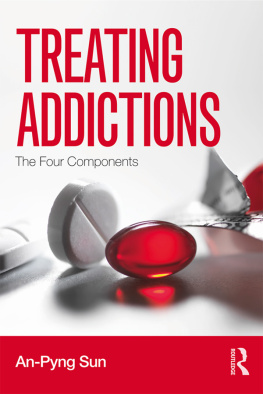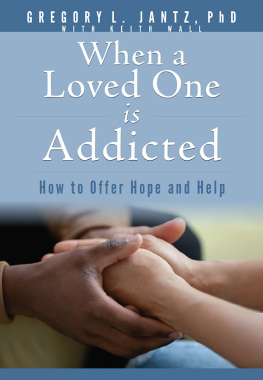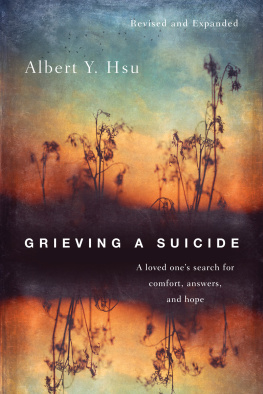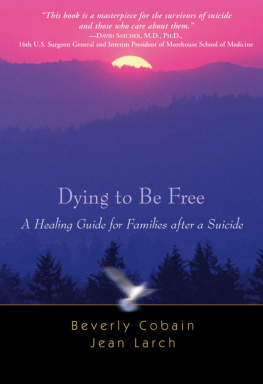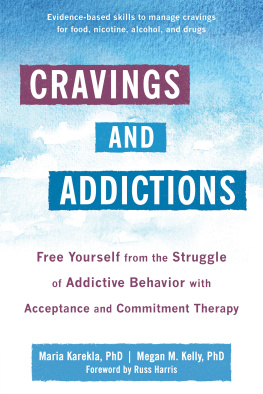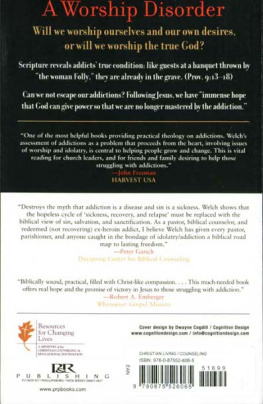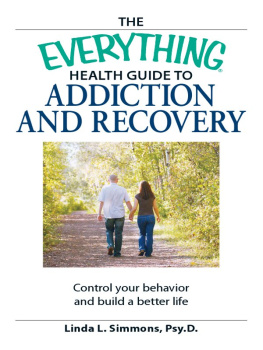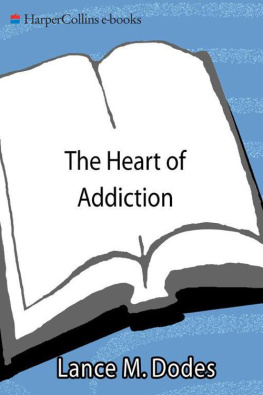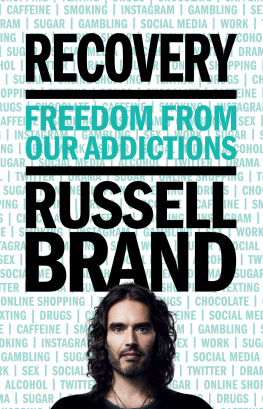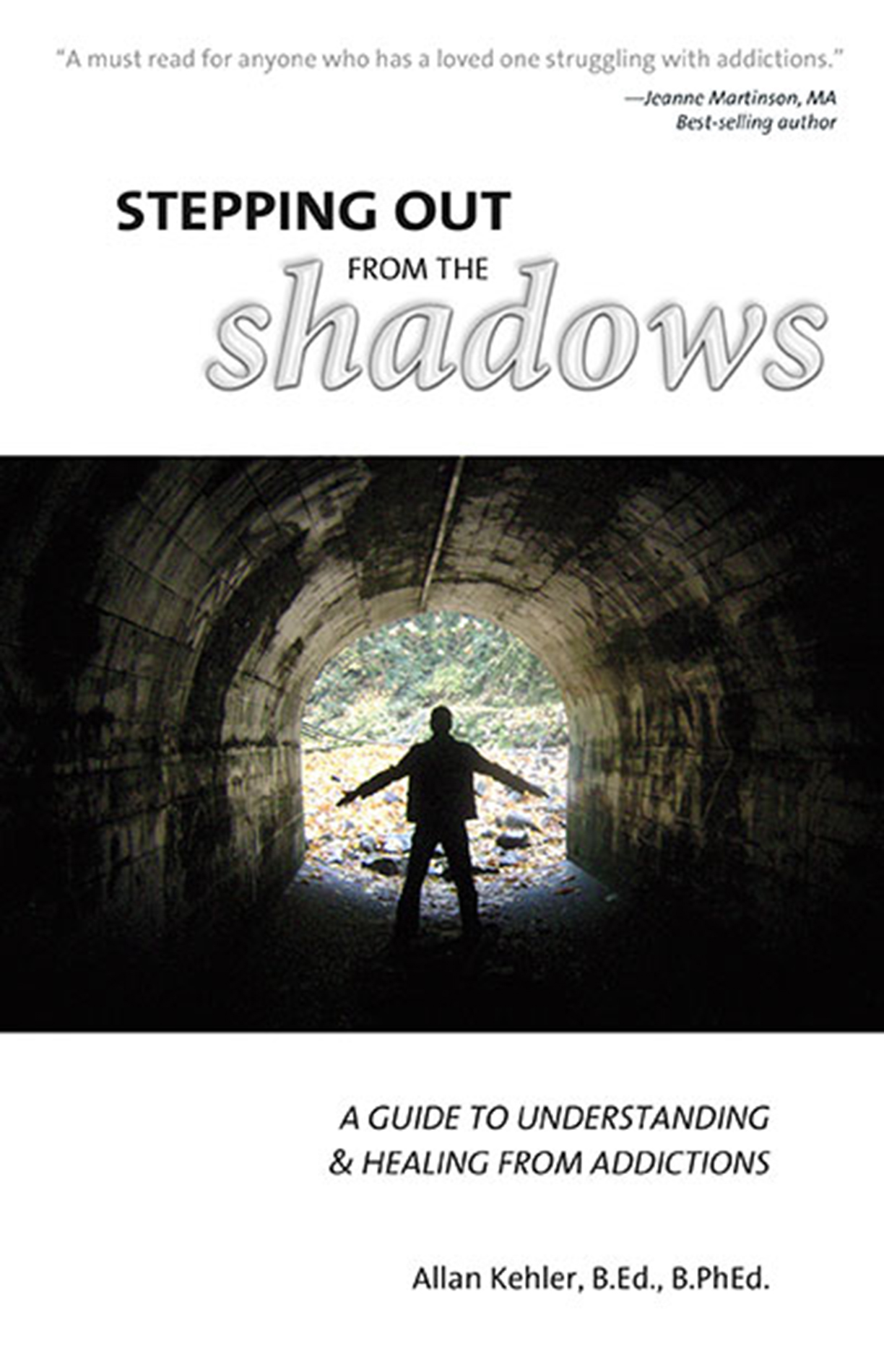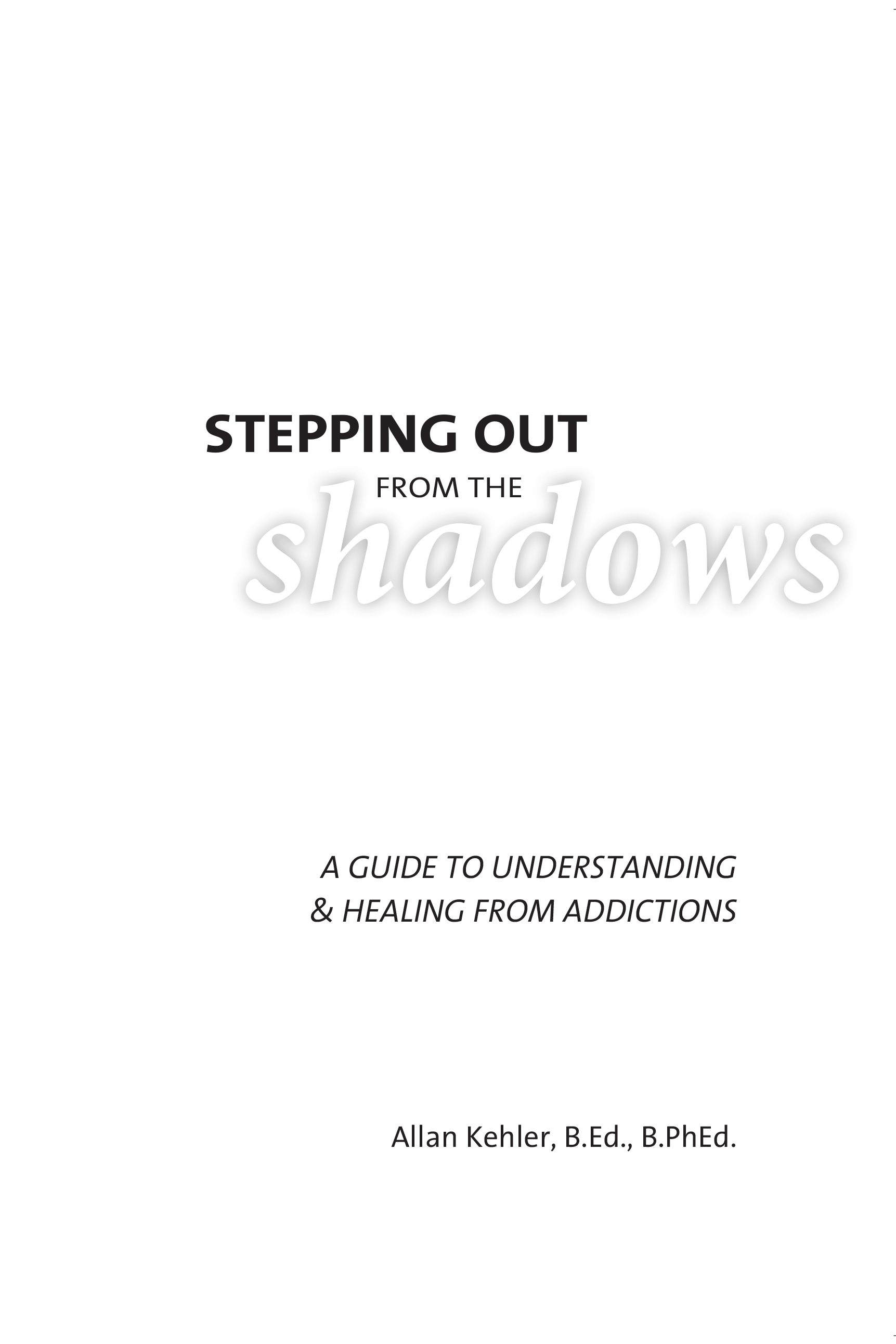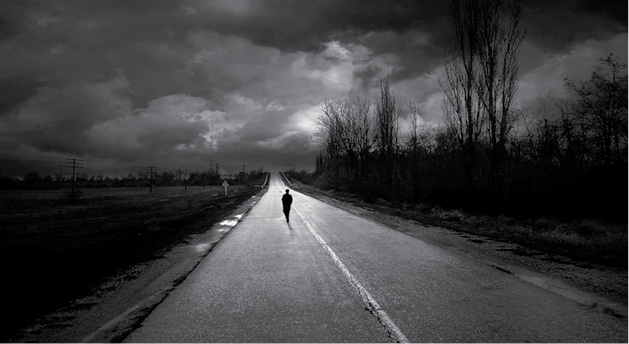Stepping Out from the Shadows: A Guide to Understanding & Healing from Addictions
Allan Kehler, 2014
No part of this publication may be reproduced, stored in a retrieval system or transmitted, in any form or by any means, without the prior written consent of the author or a licence from The Canadian Copyright Licensing Agency (Access Copyright). For an Access Copyright licence, visit www.accesscopyright.ca or call toll free to 1-800-893-5777 .
Library and Archives Canada Cataloguing in Publication
Kehler, Allan, 1981-, author
Stepping out from the shadows : a guide to understanding & healing from addictions / Allan Kehler, B.Ed., B.PhEd.
Includes bibliographical references.
Issued in print and electronic formats.
ISBN 978-1-927756-12-6 (pbk.).ISBN 978-1-927756-13-3 (epub).
ISBN 978-1-927756-14-0 (mobi)
1. Compulsive behavior. 2. Compulsive behaviorTreatment.
3. Substance abuse. 4. Substance abuseTreatment. I. Title.
RC533.K44 2014 616.8584 C2013-908686-2
C2013-908687-0
Editing, layout and design by Heather Nickel
Front cover image Allan Kehler
Interior images:
Chapter 1 shutterstock.com/isoga
Chapter 2 shutterstock.com/InnervisionArt
Chapter 3 shutterstock.com/Gladskikh Tatiana
Chapter 4 shutterstock.com/A & B Photos
Chapter 5 shutterstock.com/Giordano Aita
Chapter 6 shutterstock.com/Africa Studio
Chapter 7 shutterstock.com/LilKar
A portion of the proceeds from the sale of this book will be donated to the Canadian Centre for Addiction and Mental Health. Please give generously: https://www.supportcamh.ca/give
Printed in Canada
February 2014
www.outfromtheshadows.ca
Regina, SK.
www.yournickelsworth.com
Authors Note
As a professional speaker, the most common question I am asked following a presentation is whether any of my content is in writing. It was this common question that inspired me to write this book.
I strongly believe that information is power, and that one of the greatest tools to fight addiction is in education. My hope is that these words can assist the countless people who face the multiple challenges that accompany the prevalent issues of addiction, self-injurious behavior, and suicide.
The thoughts expressed in this book are based on my own personal and professional experiences, and do not reflect those of any agency. Names and stories have been changed to protect the confidentiality of those involved.
This book was written to offer information of a general nature to help with the understanding of addictions, self-injurious behaviours, suicide, and healing. The author and publisher assume no responsibility for any action taken by the reader.
Preface
One of the most difficult and heart-wrenching situations anyone can experience is watching a loved one struggle with addictions: its like having front row tickets to a horrific show where they see someone they care about deteriorate in front of their eyes, forced into witnessing the addict squander all their potential in a frantic chase.
In the same way, someone struggling with an addiction may feel helplesstheir life has taken a drastic turn in an unknown direction. Loved ones, support systems, employment, and many other areas that once provided the addict with happiness may seem like a distant memory.
Many people desperately want to assist the addict to end this lifestyle, but the majority are unsure of how to do so. Sadly, any attempt to approach the addict with concern may result in continual denial or piercing words of anger.
The addict repeatedly resists assistance, causing many people to experience feelings of helplessness and inadequacy. There are those who internalize the addicts actions, and believe that they are the reason their loved one has become addicted. Their minds may spin out of control, thinking if only they had said or done certain things differently, a different outcome might have been possible. Others become resentful towards the addict, and are perplexed as to why they continue down such a path of destruction. They often become angry with the addict for putting them in such a difficult situation. These individuals are typically convinced that if the addict truly loved and cared about them, they would simply stop using and seek a life of sobriety.
It is a natural reaction for someone to want to help a loved one struggling with addictions. Maybe they just want to take away the addicts pain. Perhaps they just want the addict to fulfill the potential that they believe they possess. Its also likely that the person just longs for some rest because they are emotionally exhausted. A lack of education regarding addictions causes many people to become part of the addiction process themselvesand they, too, lose control over their lives.
Education remains the greatest tool to assist and guide both addicts, and their family and friends through this difficult time. The more an individual knows about addictions, the better their position to determine the next step.
It takes time for those close to an addict to receive the right set of tools to cope with the situation in a healthy way. While there is no easy fix, the key to moving forward begins with education and understanding.
1
UNDERSTANDING ADDICTIONS
The Lonely Journey of Addictions
I believe we all have an inner desire to be balanced and to feel whole. We all have a basic need to be loved and nurtured, to be seen and heard. If these basic needs are not met, there is greater potential to stray down the path of addictions.
Imagine that someone does not feel complete, and they experience incredible discomfort in their own skin. They constantly feel like something is missing within them that others seem to naturally possess. Perhaps they believe that nobody has ever understood who they are, causing them to feel different from everyone around them.
Maybe this person grew up in an unbalanced environment where they were never provided with the love and nurturing everyone longs for. Perhaps a blind eye was turned on their emotional needs, leaving them to feel a deep sense of unworthiness. Within that environment, they may have been told they would never amount to anything, and they felt as though nothing they ever achieved was good enough.
On the other hand, maybe this person grew up in a loving home, but later found themselves struggling with mental health issues, and a state of depression and feelings of helplessness prevented them from enjoying life. Each day evolved into a constant struggle just to keep moving forward.
Perhaps something traumatic happened and the person didnt possess the tools to express their pain. They may have been taught that to show emotions was a weakness. As a result, they repeatedly stuffed any unwanted feelings deep inside.
Now, imagine that one day this person takes a substancea drink, perhapsor engages in an activity like gambling, and it begins to fill that emptiness inside. For the first time they feel alive. The darkness lifts, and to their complete surprise, they feel good . Finally theyve found something that can take the emptiness away. Relief washes over them, knowing that they now have a one-way ticket to bring them out of their discomfort.


